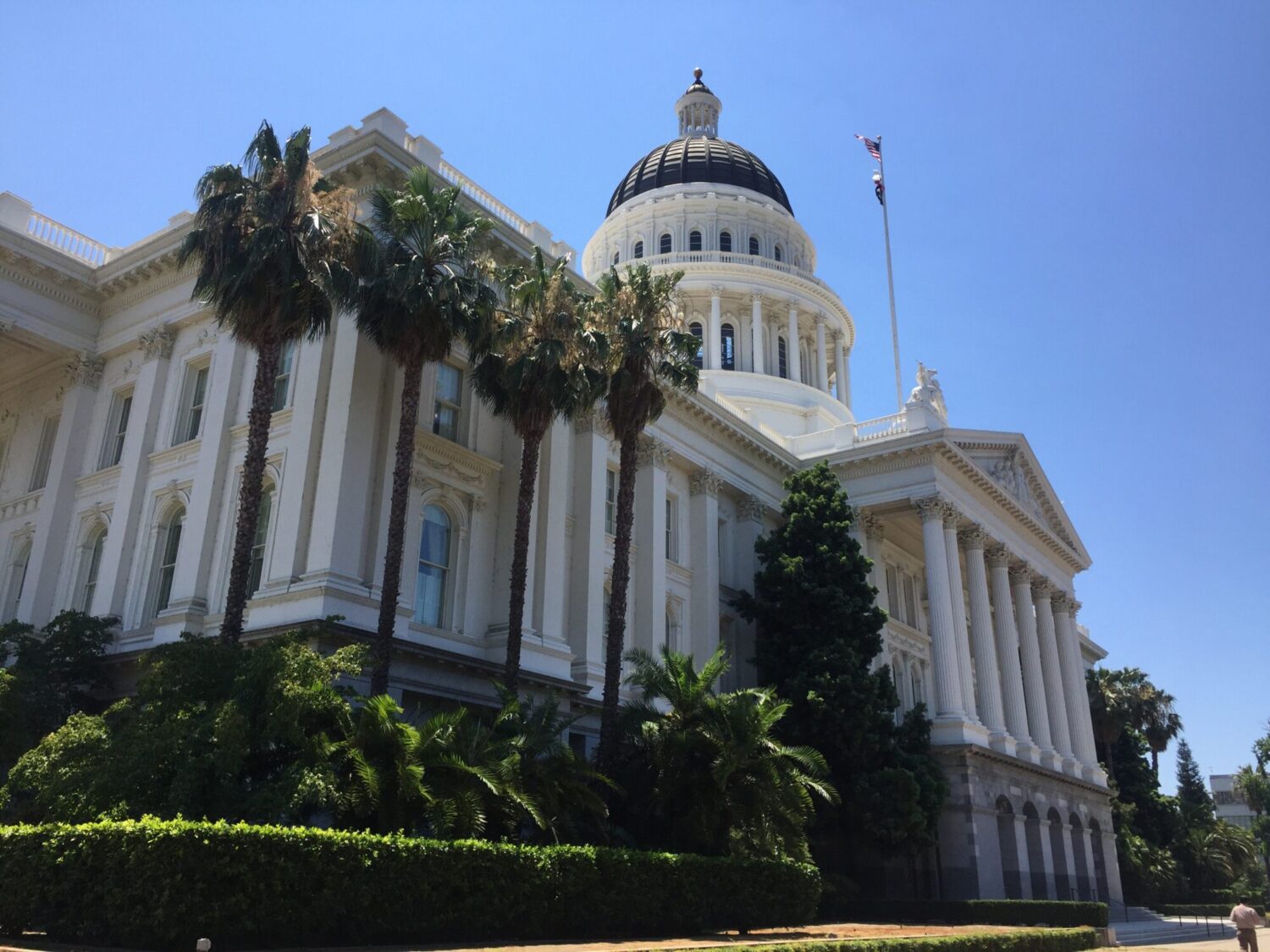
This legislative year is about building on our success from last year. CCKA introduced two new bills this year with Assemblymember Diane Papan, the new Chair of the Assembly Water Parks and Wildlife Committee, along with a bill from last year that is still working its way through the Legislature.
The first new bill, Assembly Bill 1798 (commonly referred to as the SALMON Act) deals with a chemical called 6PPD. 6PPD is used in all motor-vehicle tires to prevent rubber degrading. However, when microplastic tire particles break off and make their way into our waterways, 6PPD and its byproducts kill salmon within hours of exposure. Tire particles are one of the most common microplastics found in the state’s waterways, making 6PPD a dire threat to salmon. Luckily, when stormwater is filtered through green infrastructure, like bioswales or engineered wetlands, 6PPD levels drop to almost zero. Not only does green infrastructure scrub stormwater clean of 6PPD, but it also has the co-benefits of decreasing microplastics, oils and grease, heavy metals, and a slew of other toxic pollutants.
Last year, we sponsored Assembly Bill 756 (Papan), an ambitious bill that would have required California’s Department of Transportation to install green infrastructure throughout the state where fish are most vulnerable to 6PPD pollution, but the bill died because of its fiscal price tag. This year, we’ve modified the bill to avoid those high costs, but have kept the heart of the bill intact.
The second bill, Assembly Bill 1827 (Papan), builds upon our work with equitable water rates. Last year, we sponsored Assembly Bill 755 (Papan), which was signed into law by Governor Newsom. That law now requires water suppliers to take a hard look at how the highest water users in their system drive water costs for everyone. However, several recent court decisions have made it extraordinarily difficult for water suppliers to justify rate structures that take into account the fact that higher-use customers are responsible for a proportionally higher systemwide cost than similarly situated lower-use customers. Water utilities now face significant legal threats if they try to design equitable rate structures. In response, AB 1827 recognizes that water suppliers can use reasonable and well-accepted methods of assessing the additional costs that high-water users place on the system to justify their rate structures. AB 755 requires water suppliers to crunch the numbers on equity, and AB 1827 allows them to turn that data more easily into an equitable rate structure.
Finally, last year CCKA introduced Assembly Bill 1337 (Wicks), a bill that modernizes California’s water rights system by giving the State Water Board the tools it needs manage water beyond just emergency years. This bill helped spark important dialogue on the need to update California’s extraordinarily outdated water rights system, and began a movement among tribal interests, environmental organizations, and legal scholars. Due to the controversial nature of water rights in California, this bill stalled last year. But we are continuing to push it forward into the 2024 legislative session and building an even larger coalition of support for common sense fixes to a system designed for the gold rush era.
Stay informed of our legislative work and our efforts to protect California’s waters by subscribing to California Coastkeeper Alliance’s monthly newsletter, becoming a lifetime member, or following us on social media: @CA_Waterkeepers.
Staff Attorney Cody Phillips advocates for statewide policies that protect water quality and access to clean water throughout California.



